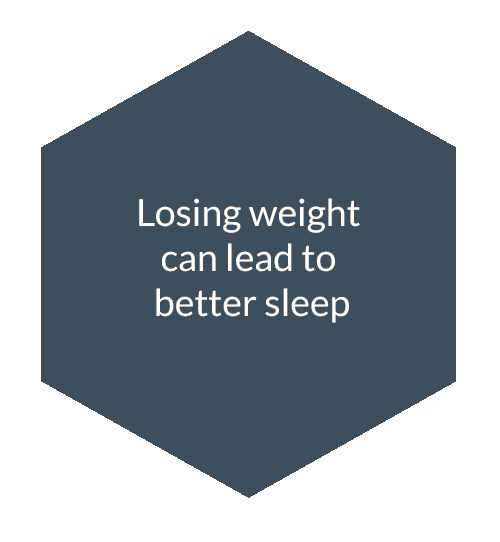How about improving your sleep through your diet? What you eat has more of an effect on how you snooze than you may think. Following these four simple food-related strategies can help you hit the sack better each night and feel more refreshed each morning.
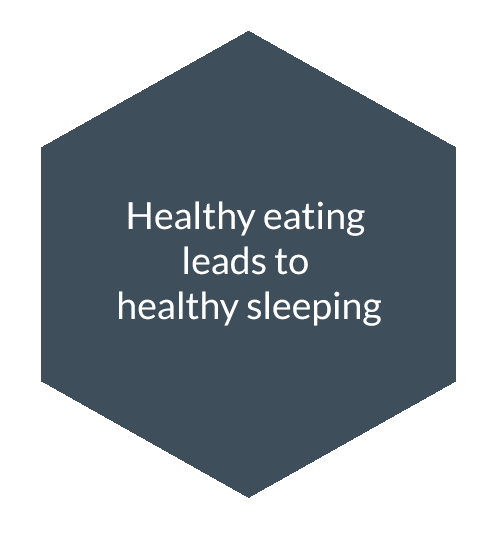
A diet low in fiber and high in saturated fats could take a toll on your shuteye by decreasing the amount of deep, slow-wave sleep that you get during the night. Meanwhile, eating too much sugar could result in more midnight wake-ups. On the other hand, a healthy balanced diet that’s high in fiber and low in added sugars could help you to drift off faster, and log as many as two extra hours of sleep a week.
Anyone who has suffered from gastroesophageal reflux (GERD) knows just how miserable it can be to go to bed with heartburn. In fact, people with nighttime heartburn are more likely to have sleep problems and disorders like insomnia, sleep apnea, restless legs syndrome, and daytime sleepiness. Luckily, the right diet can make a difference. Steer clear of large fried or high-fat meals, spicy foods, alcohol, and soda—especially close to bedtime. Your sleep—and your waistline—will thank you.
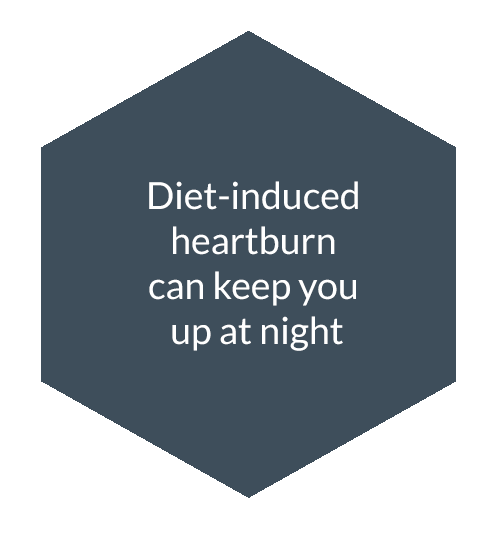
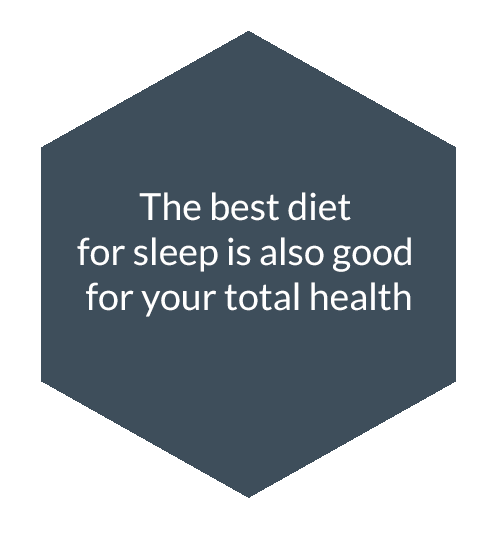
For your best night’s sleep, strive to eat a balanced diet that emphasizes fresh fruits, vegetables, whole grains, and low-fat proteins that are rich in B vitamins, like fish, poultry, meat, eggs, and dairy. B vitamins may help to regulate melatonin, a hormone that regulates your sleep cycles.
Eating well is the first step to losing weight. And that can pay dividends when it comes to your sleep. A reduction in body fat, especially around your midsection, makes you less likely to struggle with sleep problems like sleep apnea, restlessness, or insomnia, and less likely to fight sleepiness during the day.
